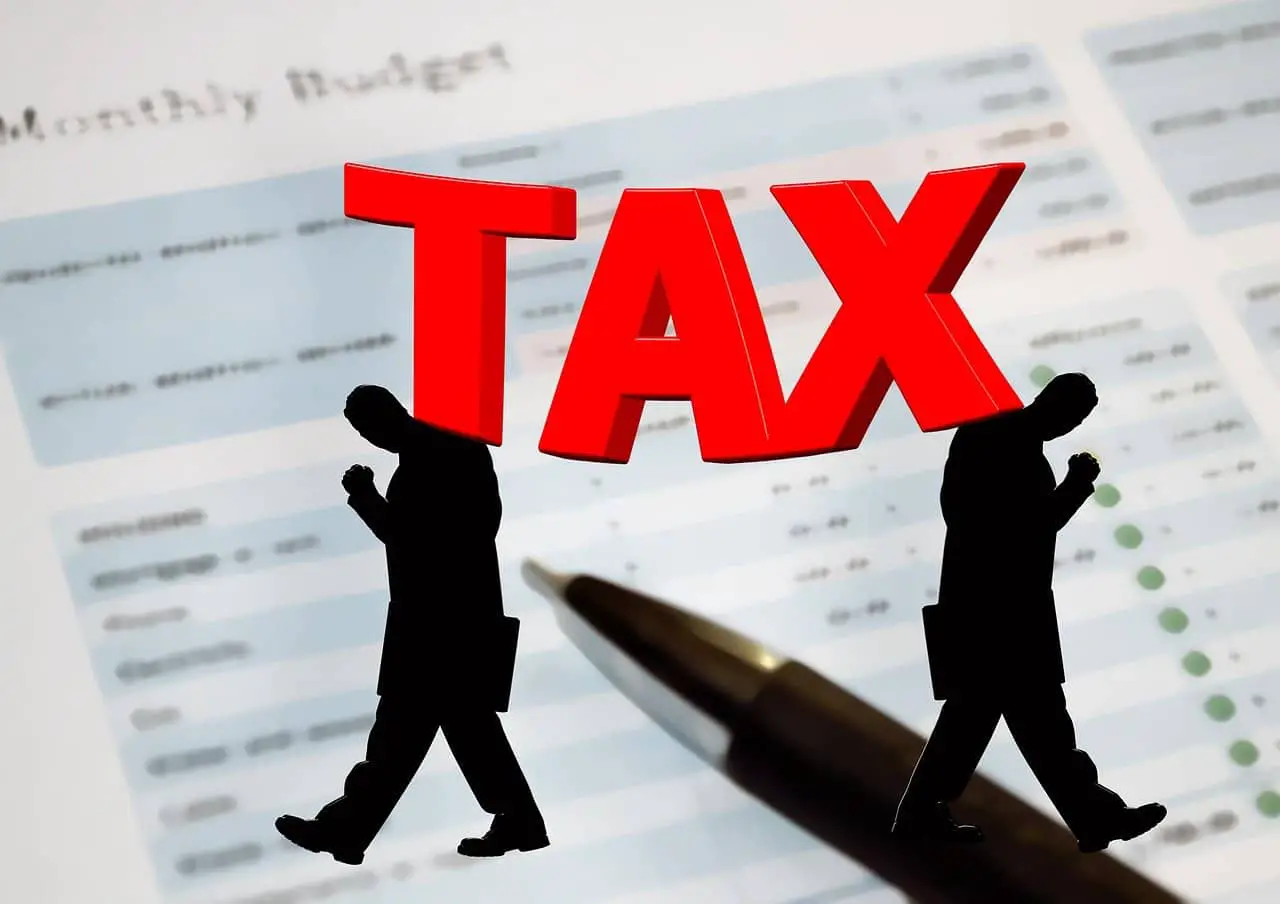The tax ID (Steueridentifikationsnummer) is a tax identification number. This series of numbers is assigned to a person permanently and is recognized as the national standard. Every employer asks for a Tax ID in Germany and every resident’s earnings are subject to a basic tax allowance, including researchers and scientists coming from abroad. Worried about how to get one? Let’s have a look.
In this guide, we look at the tax numbers in Germany and how to get yours.
- The Tax ID (Steueridentifikationsnummer)
- The Tax number (Steuernummer).
- The VAT number (Umsatzsteuer-Identifikationsnummer)
[rb_related title=”Also interesting” total=”2″]
What is Tax ID/Steueridentifikationsnummer?
Your tax ID number (Identifikationsnummer) is given to you by the Federal Tax Office of Germany automatically the first time you register in any given German city. It is an 11-digit number that you will use in order to gain employment in Germany. This Tax ID is also assigned to a newborn child in Germany upon registration.
The Tax ID must be included on all applications, declarations, and communications you submit to the German tax authorities. You will receive your tax ID automatically by post between two-to-four weeks after you register your address upon arrival in Germany.
What is Tax number/Steuernummer?
The tax number is assigned by the local tax office and will change if you move to e.g. another city. Being an employee you do not need to apply for a tax number. It will be assigned to you automatically when you file your tax return.
The VAT number (Umsatzsteuer-Identifikationsnummer)
The Umsatzsteuer-Identifikationsnummer, USt-Identifikationsnummer or USt-IdNr. is the German term for the VAT number. It’s a 9 digit number with the format “DE123456789“.
This is only applicable to businesses. You also get a VAT number by filling the Fragebogen zur Steuerlichen Erfassung. You will not get a number if you declare a small business (Kleintunternehmer), because small businesses do not need to charge VAT.
FAQ:
I lost my tax id, Can I find it again?
Check some of your documents like finanzamt or payslips from the employer. If you still cannot find it, do not worry. You can find it in one of these two ways
- You can request Tax ID online again, but it might take up to 4 weeks.
- Or simply head to your local Finanzamt with your identification in hand. And they will check your details and give you the details on the spot. Find your local Finanzamt with postal code.
When will I get the tax id after registration?
Once you arrive in Germany and complete your residence registration, you will get the tax id automatically within 2 weeks. If you need it immediately, head to the Finanzamt and provide your details to get it on the spot.
I live in abroad and receive wages from Germany, Should I pay tax in Germany?
If an employee does not live in Germany but receives wages in Germany, he is subject to limited taxation. In these cases, the German tax liability is only subject to domestic income, e.g. payment of remuneration from the LBV. Employees with limited tax liability are classified in tax class I. More information here
Tax number for freelancers?
Freelancers and those self-employed must apply for a tax number (Steuernummer) at their respective tax office. You will have to fill out a questionnaire and then, in a couple of weeks, you are the proud owner of your very own, brand-new tax number.
Those who run a commercial business do not have to apply for a tax number. The trade office (Gewerbeamt) automatically sends the tax office the respective tax number.
Additionally, income generated by freelance work is generally taxable for VAT (Mehrwertsteuer or MwSt).
Make sure to follow our facebook page to keep up to date with latest information.
